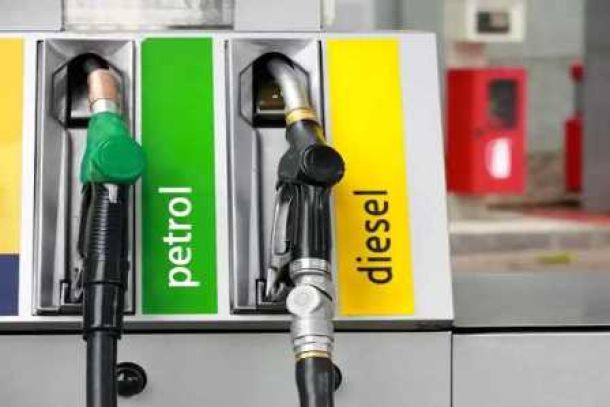We’ve reached our tax limit: economist
Chief economist at Economists dot coza, Mike Schussler, says that as one of the most taxed nations in the world, he wishes for the government to lessen the tax burden on South Africas, rather than continue its current trend of finding new ways to draw more money out of them.
In a column published ahead of the 2018 budget speech, set to be delivered by finance minister Malusi Gigaba on Wednesday, Schussler said that South Africans have no more money to pay even higher taxes – and with little to show for the taxes they already pay, new taxes will not be well received.
“The South African tax burden is one of the highest in the world. Tax revenue to gross domestic product (GDP) – excluding social security taxes as our pensions are private – is among the top 10 highest countries in the world,” he said.
“The average world tax burden is 15%, while South Africa’s is 27%. The International Centre for Tax and Development shows that total government revenue in South Africa is close to 38% of GDP, which is 57% above the world average.
“Taxpayers have less money now than stones have water. So the first thing I would like to see is that the tax burden gets eased.”
According to Schussler, the government takes close to half of all the money generated in the country, considering total government revenue had grown to 38.4% in 2016. If one includes state-owned enterprises, more than 45% of the GDP is going to the government, he said.
Despite the fact that most of the money is going into government’s coffers, the South African people receive relatively little in return, in terms of service delivery, education and public healthcare.
“I think it is crazy that the government has increased the tax burden by 26% since 1994, but simple delivery has lagged so much. No economy can see an increasing burden but with very little more in return for taxpayers,” Schussler said.
For the 2018 budget, the economist said he had a wish that the government would reduce the tax burden on the population to bring it more in line with international standards – even if it was just to 25% of GDP for a start.
This would remove pressure of a tax revolt which has already slowly creeped in – and with further moves to stimulate economic activity (such as giving title deeds to those in RDP houses for example), a positive wave would ripple through many different sectors, stimulating growth.
Schussler said the government needs to become more efficient, and needs to put a cap on debt, which would keep rates low and allow people to spend more, to fuel the economy.
“We have reached the limit of what more government taxation can do,” he said.
News Category
- International retailers
- On the move
- Awards and achievements
- Legislation
- Wine and liquor
- Africa
- Going green
- Supplier news
- Research tools
- Retailer trading results
- Supply chain
- Innovation and technology
- Economic factors
- Crime and security
- Store Openings
- Marketing and Promotions
- Social Responsibility
- Brand Press Office
Related Articles

Good signs for petrol prices in South Africa

Eskom wants to hike electricity prices by up to...

Big petrol price drop tipped for July

Fuel price cuts bigger than expected


